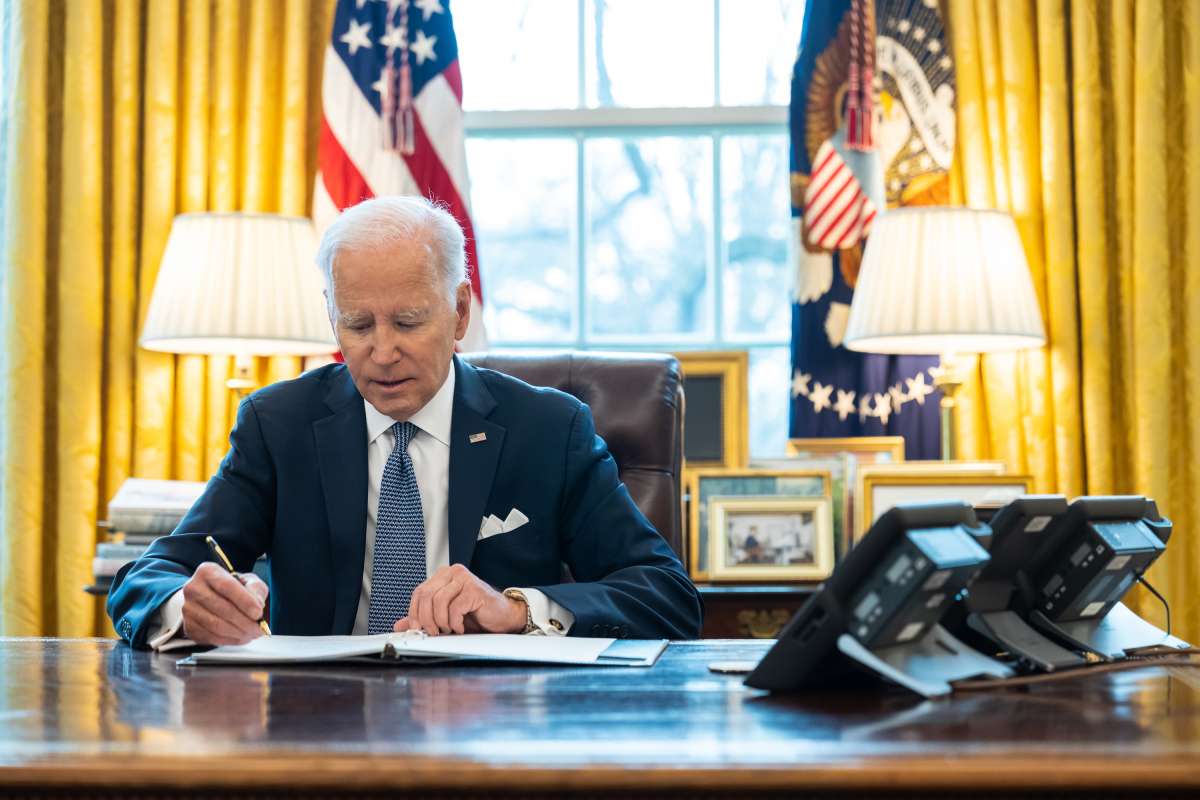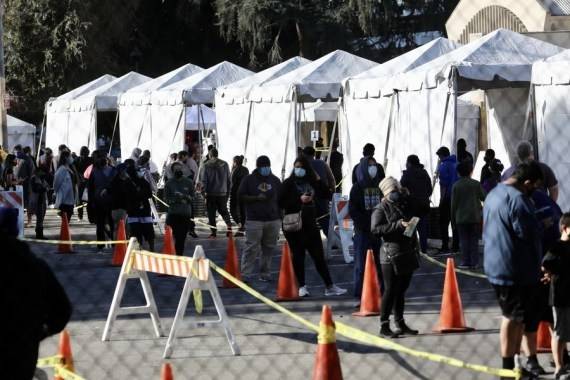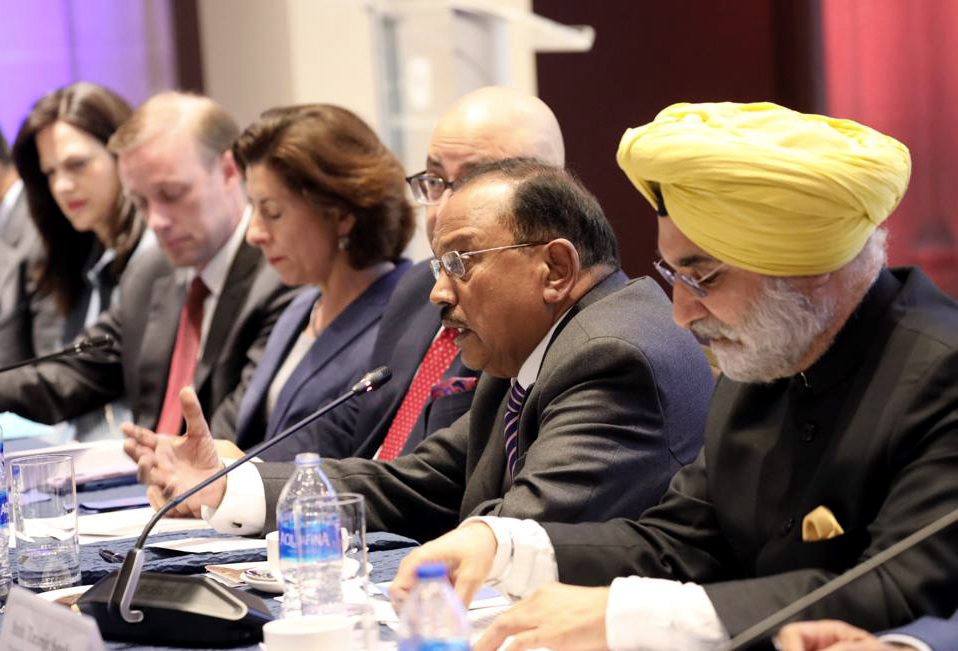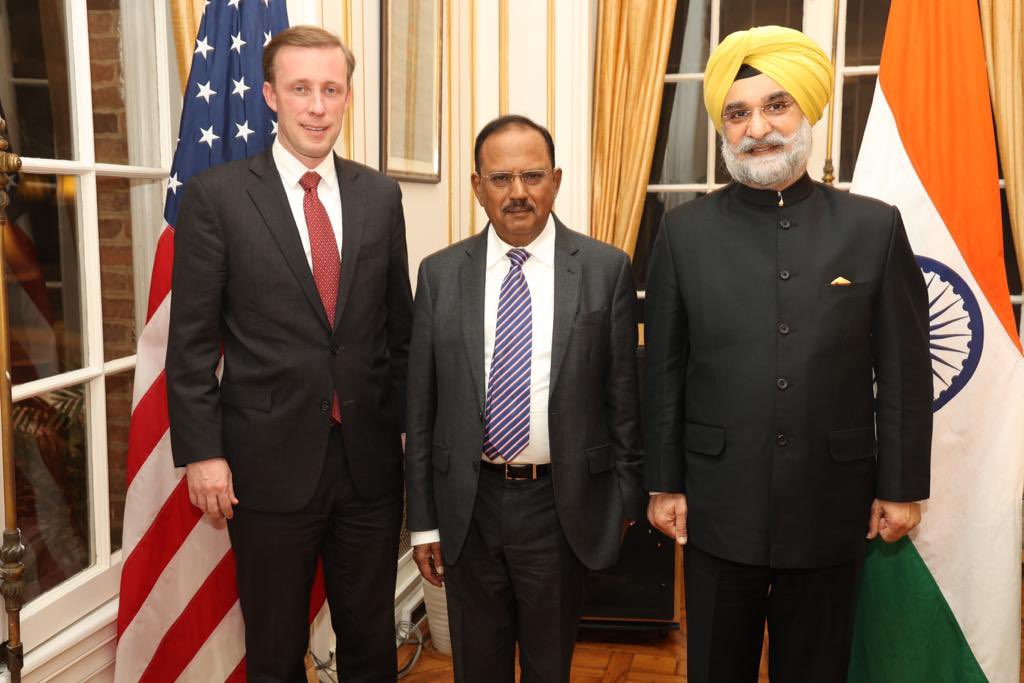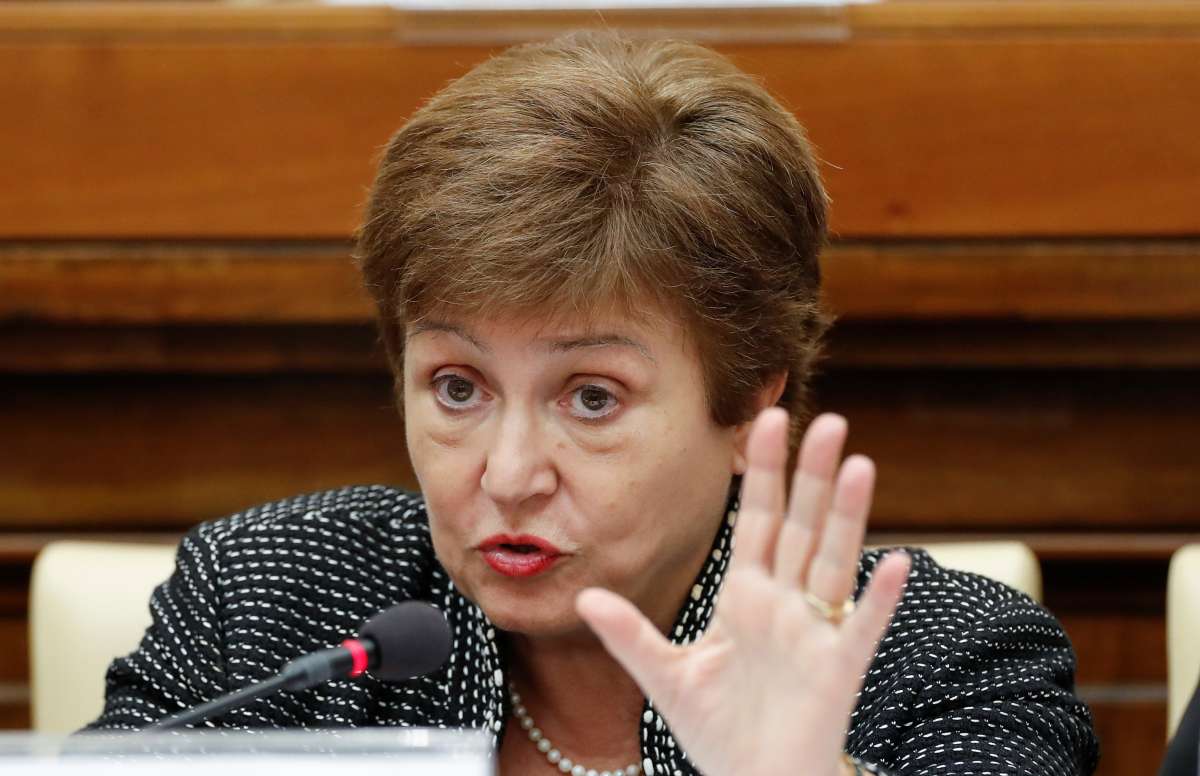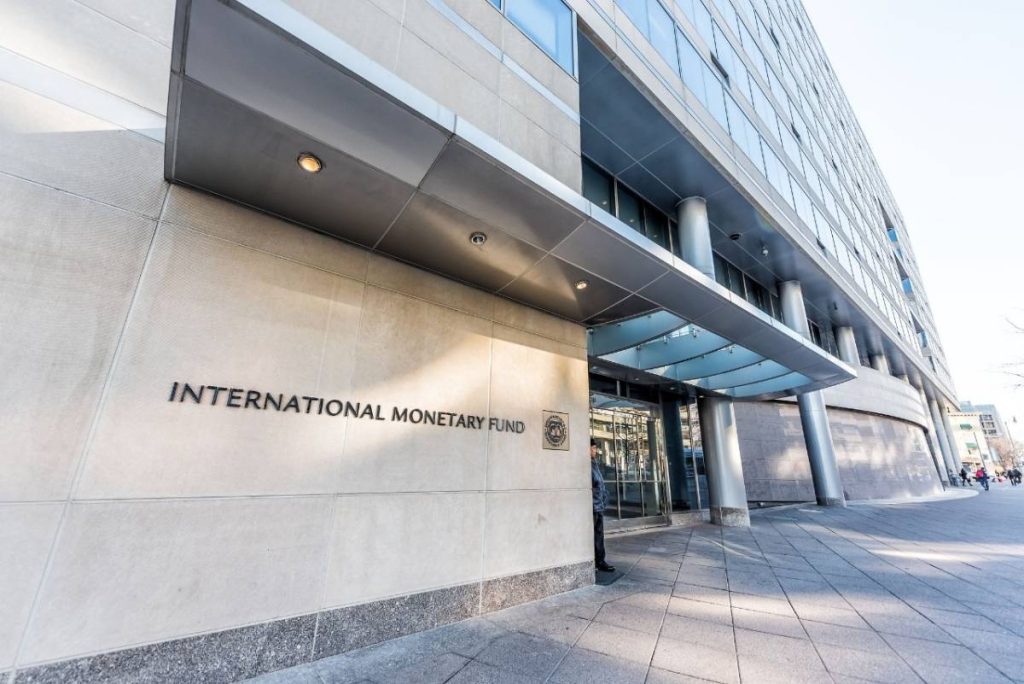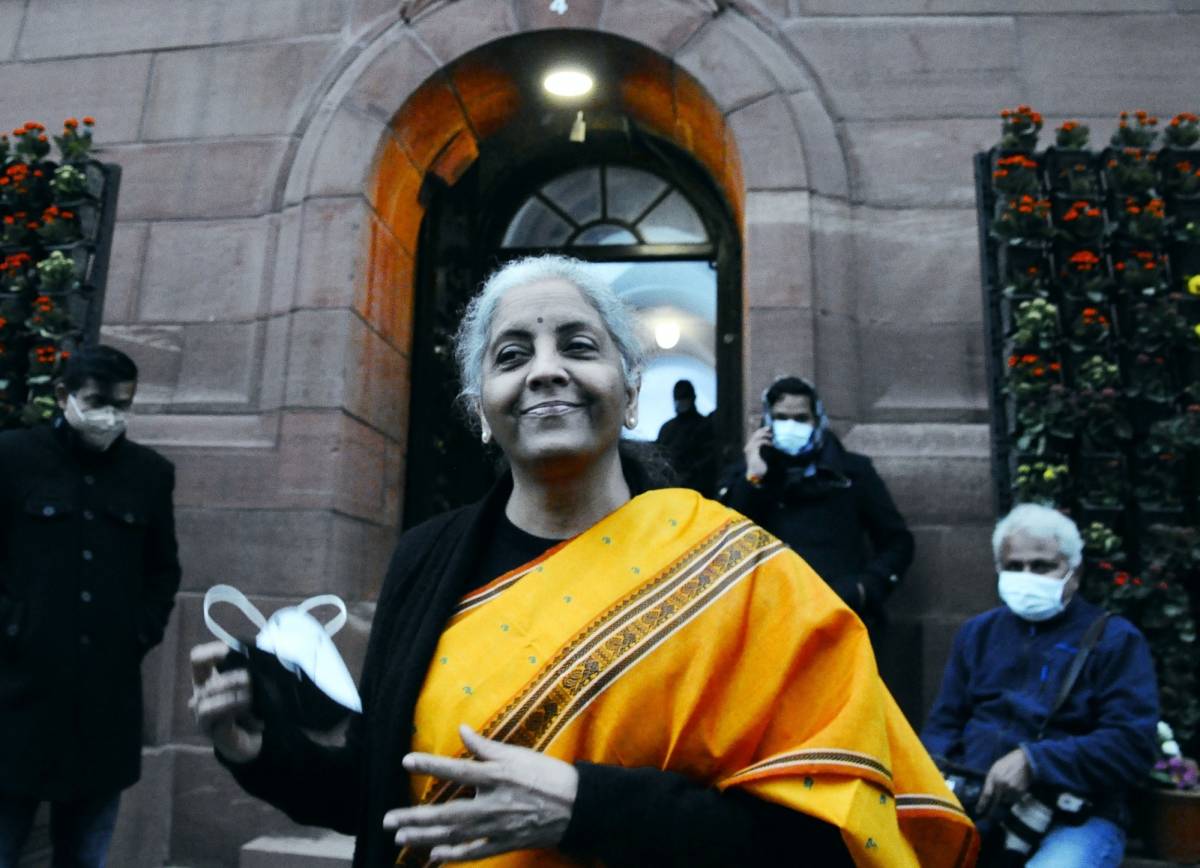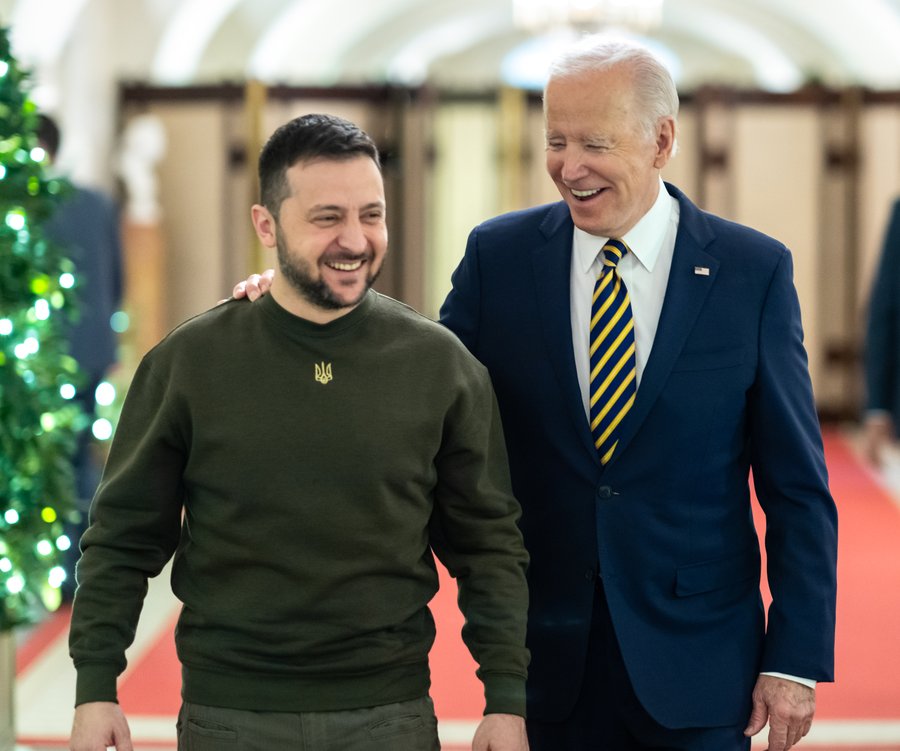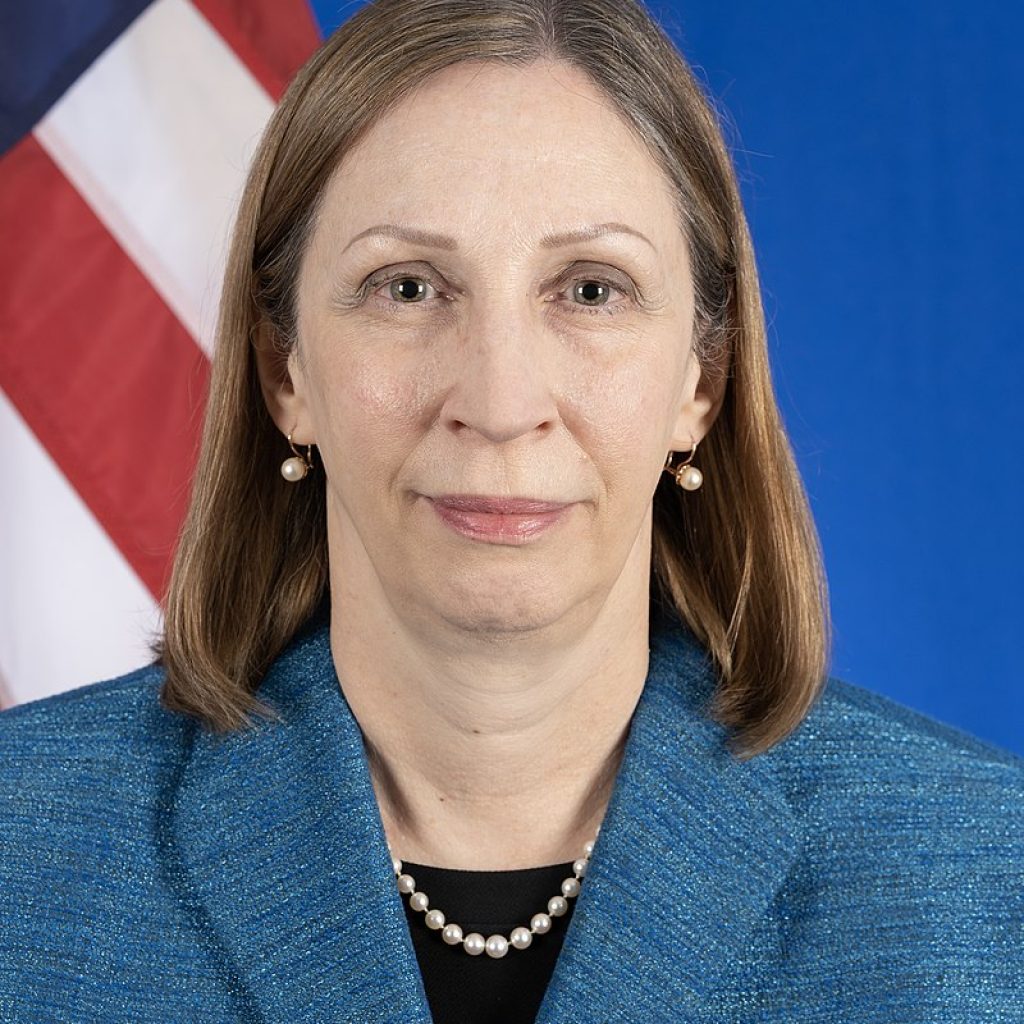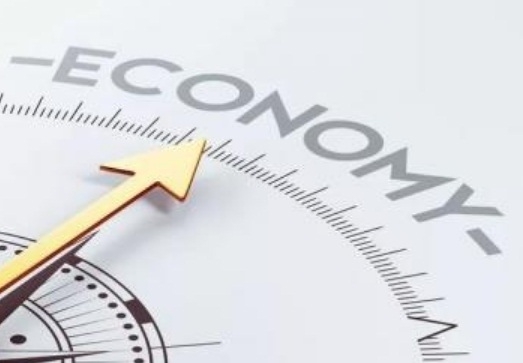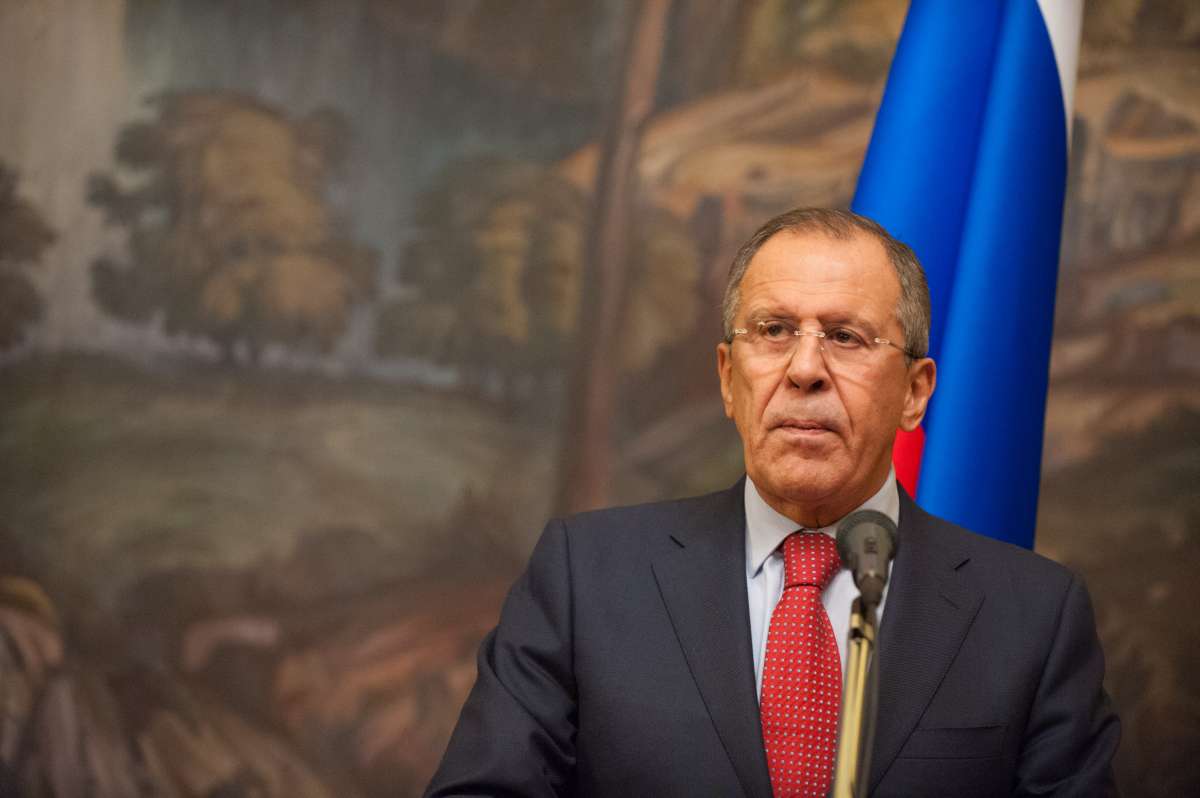It is highly unlikely that Biden would travel to Ukraine as part of this trip, however, one of the officials said, citing the ongoing security concerns….reports Asian Lite News
US President Joe Biden on Monday said that he was “not sure” about his trip to Europe around the one-year anniversary of Russia’s special military operation in Ukraine next month.
Speaking to reporters at the White House, Biden said, “I’m not sure”. However, in a separate question regarding Poland tour, the US president said that he would visit a crucial ally, but that date was not yet determined.
Earlier, two senior administration officials in the US said President Biden was considering making a trip to Europe around the one-year anniversary of Russia’s invasion of Ukraine next month.
A trip is not yet confirmed, and details have yet to be finalized. But one of the officials said that one stop under consideration is Poland, a key NATO ally currently housing thousands of American troops that also serves as a hub for Western weapons transfers to Ukraine. US service members are also training Ukrainian troops there.
It is highly unlikely that Biden would travel to Ukraine as part of this trip, however, one of the officials said, citing the ongoing security concerns.
Biden’s aides have been planning for several weeks how they will mark the anniversary of the invasion, including potentially a major address. They hope to emphasise the resilience of the Ukrainian people, noting that when the war began, many assumed Kyiv would fall within days.
Responding to queries in South Lawn, Biden also expressed his wish that the George Floyd Act be passed.
Earlier, he also said America will not send the F16 fighter jets to Ukraine, CNN reported. While responding to a reporter on whether he would send F-16 fighter jets to Ukraine, Biden said “no”.
Interestingly, the US had ramped up military assistance to Ukraine in the form of artillery and tanks.
Ukrainian President Volodymyr Zelensky has sought fighter jets to help sustain his war effort against Russia. Biden has consistently said the planes aren’t on the table, even as he has given aid in other areas.
Last week, Biden announced that he would send 31 M1 Abrams tanks to Ukraine, despite top US officials saying previously the heavy-duty vehicles were a poor fit for the country’s military.
Speaking on the White House South Lawn, Biden also said he wasn’t sure whether he would visit Europe next month for the one-year anniversary of the start of the war in Ukraine, reported CNN.
In response to a separate question, Biden said he was planning to visit Poland, but wasn’t sure when.
Earlier, French President Emmanuel Macron and Dutch Prime Minister Mark Rutte said that they have not received any requests from Ukraine for fighter jets, according to CNN.
“We do not have such a request formulated [from Ukraine],” Macron said at a joint press conference at The Hague where the two leaders were meeting to prepare the next EU council of February.
Macron said while no requests had been received by France, “nothing is off-limits in principle.” He insisted that the usefulness of each request must be considered carefully.
Macron said the weapons requested should not escalate the conflict, reported CNN. (ANI)

